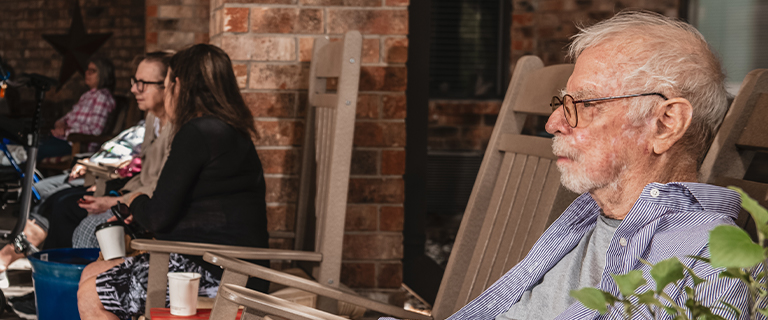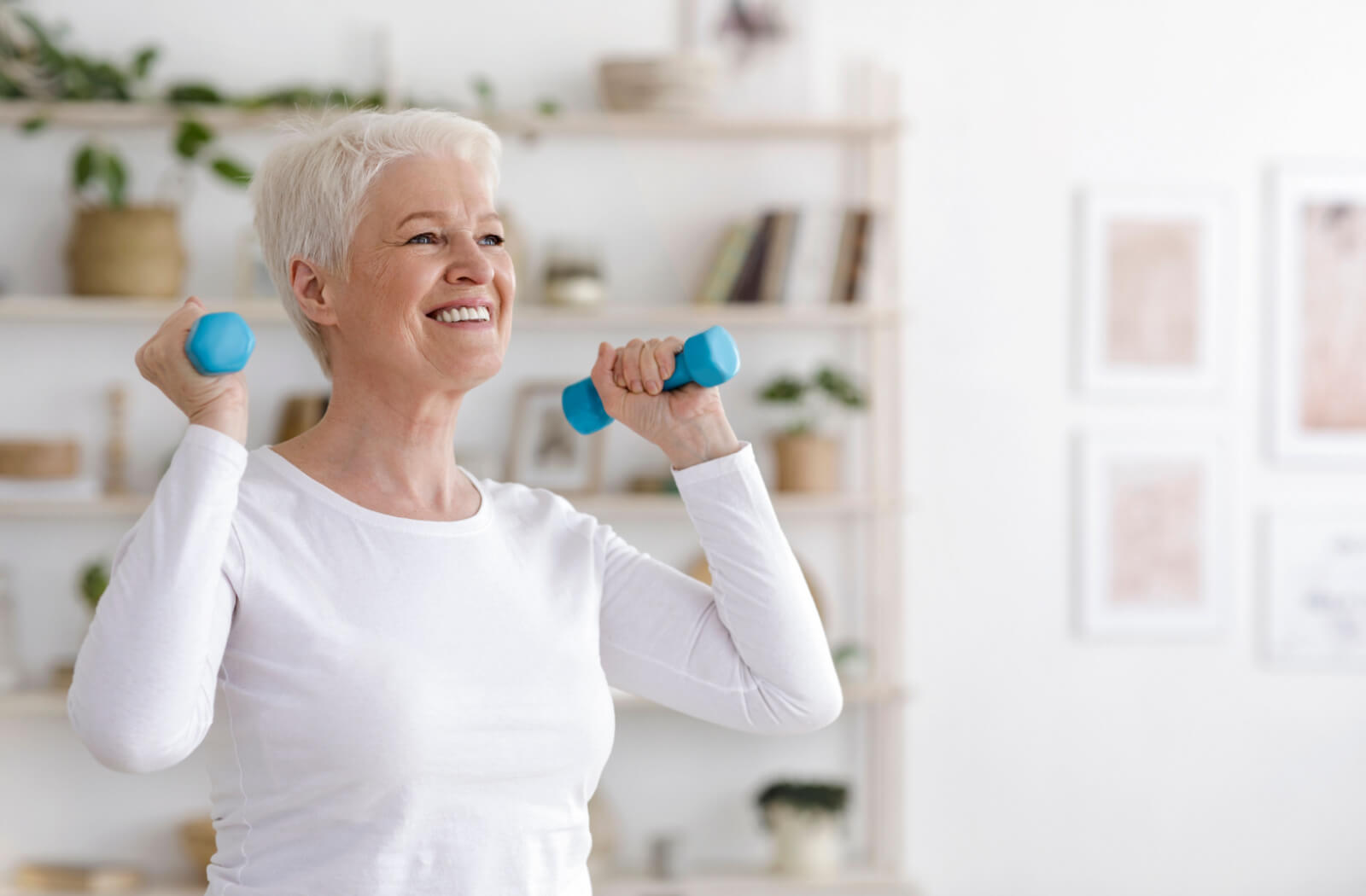Thanks to how far modern medicine has progressed, people are living longer than ever with a high quality of life. One of the direct causes of this is something called “preventive medicine”—the term used to describe the use of medicine to prevent diseases and conditions before they actually develop.
The most common types of preventive medicine that benefit seniors the most include vaccines, annual screenings for serious diseases, and an overall high level of care for themselves and their health.
By staying physically active, avoiding negative lifestyle habits, and following the recommendations of your doctor, you’ll be doing your part to give yourself the highest quality of life possible! Whether you live in assisted living, on your own, or with your family, there are many things you can do to prevent the development of many different conditions.
What Is Preventive Medicine?
Preventive medicine is the term used to describe taking active steps to prevent diseases rather than treat them after they’ve developed. By taking steps in your day-to-day life to prevent the onset of different medical conditions, you’re able to ensure you have a high quality of life. There are many different kinds of preventive medicine, but these are the most common:
Vaccinations
Vaccinations are one of the most important ways to stop the spread of preventable diseases. Things like influenza, tetanus, or the pneumococcal vaccine are all required to stop the onset of conditions that can severely affect a person’s health.
Regular Medical Screenings
Regular checkups with the doctor become more important as we age. Regular eye exams, dental checkups, and cancer screenings help to catch any potential problems in their earlier stages.
Getting your blood pressure checked, getting screened for diabetes, checking your hearing—these are all important. By catching serious medical conditions early on, you’re able to begin treatment much earlier, lowering your likelihood of developing any serious side effects and increasing your odds of recovery!
Mental Health
As we get older, it’s common to feel more isolated and alone. This is especially true for seniors—in fact, roughly 1 in 4 seniors report feeling isolated and depressed. And loneliness and isolation are considered to be extremely detrimental to a person’s health, so it’s more important than ever to try and socialize with the people around us as we age.
Whether it’s an in-person conversation over a cup of tea, a phone call with a loved one, or even a written letter, it’s essential to try and reach out to the people around you. The benefits of socially connecting with others can’t be understated.
There are also many different therapy options available to help take care of your mental health. If you’re in assisted or independent living, reach out to the team around you to see what programs are available to help you.
Physical Health
Taking care of your physical health is one of the best ways to make sure you live a long, happy, and healthy life. It’s recommended that adults over the age of 65 engage in at least 150 minutes of physical activity a week. Whether this is through simply walking through the neighborhood, going for a swim, gardening, or taking a light jog, there’s no wrong way to do this.
It’s also recommended to do at least 3 balance exercises and 2 muscle-building exercises each week. By strengthening your muscles and working on your balance, you’re reducing the likelihood of dealing with falls, loss of balance, or tripping.
Taking care of your physical health is one of the best ways to reduce pain and stiffness in your muscles and joints as well, so it benefits you in more ways than one! It’s a good idea to speak with your doctor before switching up your fitness routine, though, so they can help you determine a healthy amount of exercise for your specific situation.
Lead a Healthy Lifestyle
One of the biggest steps you can take in terms of preventive medicine is to lead an overall healthy lifestyle. Avoiding tobacco and other substances makes a big difference, and so does regulating your alcohol intake.
A healthy diet is a big step as well. Eating well and avoiding excessive junk food makes a big difference in your overall health!

How to Practice Preventive Medicine
The best way to practice preventive medicine is to make conscious decisions to benefit your overall health and try not to avoid going to the doctor! Through regular checkups with your doctor, dentist, and optometrist, you’ll be able to catch or prevent any serious conditions from developing and treat any problems as they come up.
Taking care of yourself is important. Take care of your physical health, and try to stay in touch with your loved ones. Visit your doctor as they recommend and follow a healthy diet. Whether you’re in assisted or independent living, on your own, or with your family, you have the tools you need to practice preventive medicine!
Senior Living with Parsons House Austin At Parsons House Austin, we’re here to help your loved one feel supported and maintain their health into their golden years. To learn more about what we offer, book a tour of our community. We can’t wait to see you!



